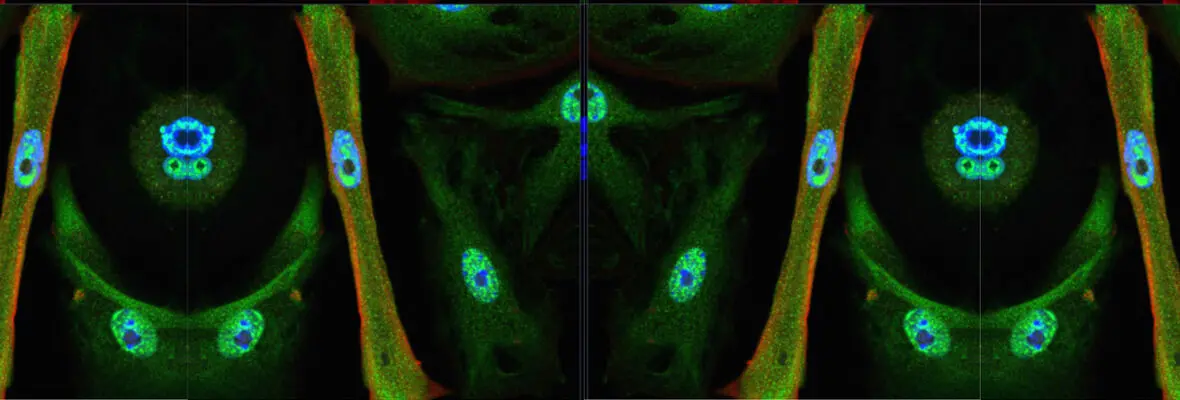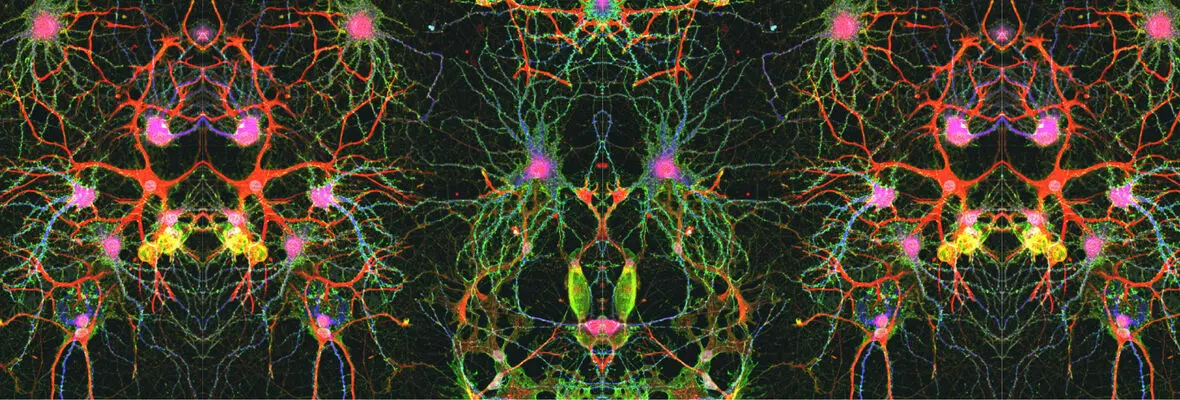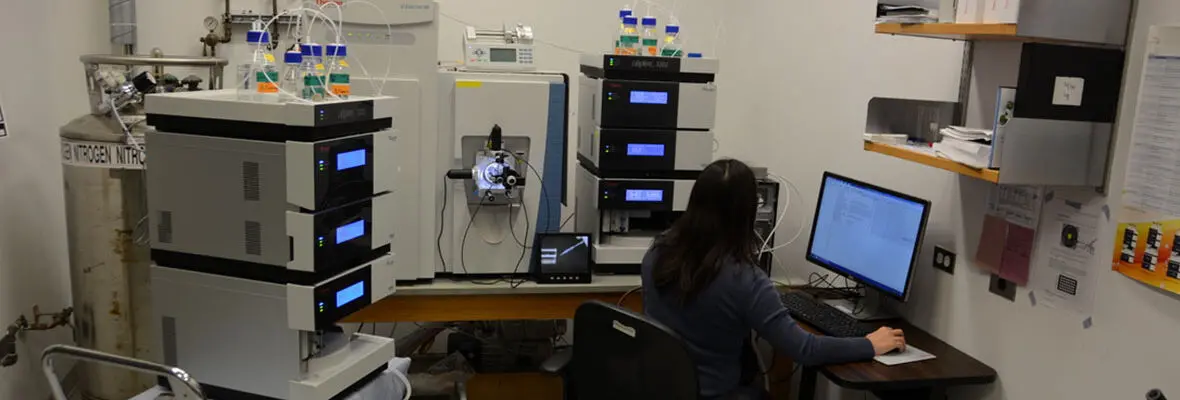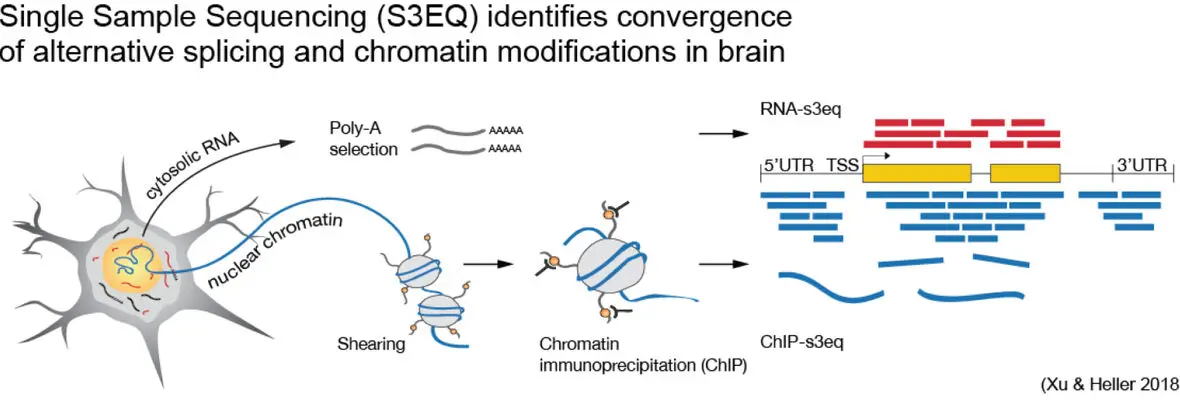Home
Systems Pharmacology and Translational Therapeutics involves the discovery of new drugs, the investigation of how drugs work and the use of drugs to probe mechanisms of disease. But pharmacology also involves the elucidation and manipulation of macromolecular structures, the analysis of regulatory mechanisms in cell biology and development, and the translation of this information into clinical research. Emerging concepts in drug development also involve in vivo targeting or ex vivo engineering of Immune Cells to "retrain" the human immune system to achieve control of disease and more optimal health. Thus, the science of pharmacology spans the most fundamental aspects of basic research, through transgenic animal models, to clinical investigation.
Pharmacology at Penn addresses all of these issues in an exciting, collegial and interactive environment. To learn more visit our welcome page.
Academic Freedom Statement
The policies of the University of Pennsylvania protect academic freedom, as defined in the AAUP’s 1940 Statement of Principles. This statement has been endorsed by over 250 scholarly and educational organizations in the United States, and its principles are written into faculty handbooks nationwide, including Penn’s. The principles of academic freedom were established to protect the integrity of research and teaching from interference by donors, trustees, politicians, and others who might seek to make universities serve private and political interests. They are founded on the idea that a university’s purpose is to generate new knowledge that can serve the common good in a democratic society, and that generating new knowledge requires free and open inquiry. To safeguard the university’s public mission, academic freedom entails the following rights for all faculty members—whether tenure-track or non-tenure track, and including graduate research and teaching assistants—and for students:
The right of faculty members to full freedom in research, teaching, extramural speech (public speech on issues of general concern) and intramural speech (speech about the university itself, including criticism of it).
The right of students to freedom in learning, which includes freedom of association and expression and freedom of inquiry in the classroom.
Academic freedom is only as strong as the institutions, procedures, and professional norms that faculty members established over the last century to protect it: institutions of faculty governance such as Faculty Senates and unions; the institution of tenure; and due process procedures that protect both tenure-track and non-tenure-track faculty against unjust discipline or dismissal. For further information about academic freedom, see the AAUP-Penn website.







